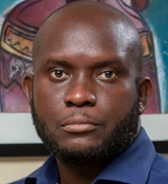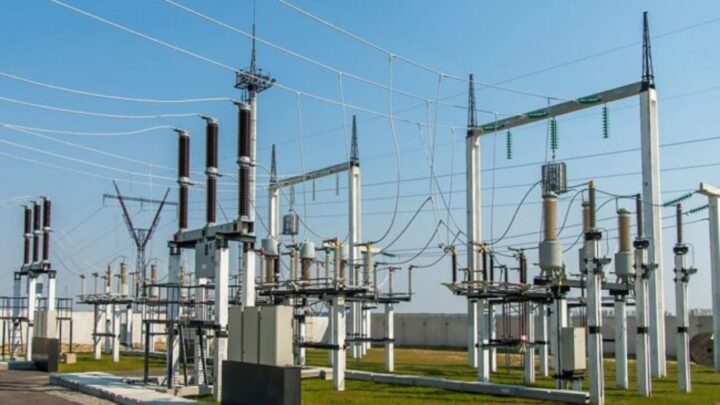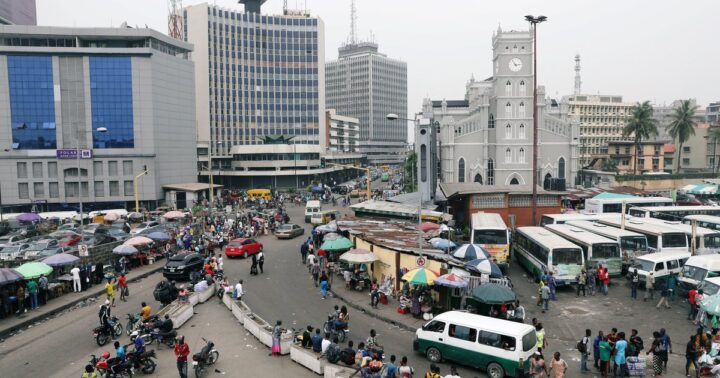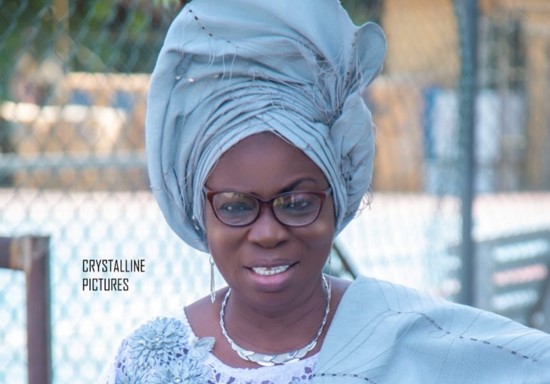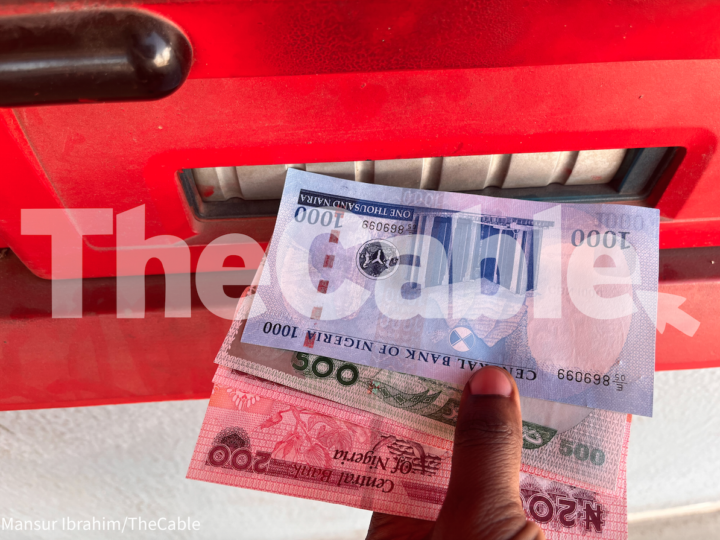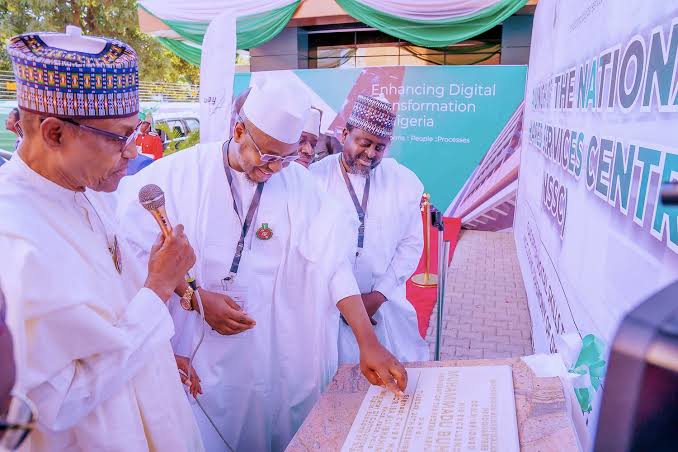“Never let a good crisis go to waste”, is one quote by Winston Churchill, British World War II prime minister, which best describes the ‘good’ in the crisis facing the Nigeria Electricity Supply Industry (NESI). The crisis in the NESI is characterised by the recent takeover of many electricity distribution companies (DisCos) by commercial banks and lenders due to poor management performance, exemplified by loan default, the frequent collapse of the national electricity grid network, strike actions by electricity sector workers; and 44.6% of Nigerians still without access to the electricity grid- one of the highest in the world, in nominal terms.
The NESI comprises of generating companies (GenCos), the Transmission Company of Nigeria (TCN) and the DisCos. There are eleven DisCos including Abuja Electricity Distribution Company (AEDC), Benin Electricity Distribution Company (BEDC), Enugu Electricity Distribution Company (EEDC), Ibadan Electricity Distribution Company (IBEDC), Jos Electricity Distribution Company (JEDC) and Kaduna Electricity Distribution Company (KADECO). Others include Kano Electricity Distribution Company (KEDCO), Eko Electricity Distribution Company (EKEDC), Ikeja Electricity Distribution Company (IE), Port Harcourt Electricity Distribution Company (PHEDC) and Yola Electricity Distribution Company (YEDC).
Out of the eleven DisCos, banks have taken over six or 54.5%, which are AEDC, KADECO, KEDCO, BEDC, IBEDC and PHEDC due to poor financial performance and management. YEDC was re-concessioned in 2021, while JEDC was re-concessioned in 2022. Just EEDC, EKEDC and IE, which represent 27.2% of DISCOs in Nigeria, can be said to be performing optimally, which when viewed holistically, represents a management crisis situation. The Electric Power Sector Reform (EPSR) Act 2005 which among other things led to the privatisation of DisCos in 2013 was expected to significantly address the electricity supply challenges in Nigeria.
The expectations of privatisation were hinged on the success of privatisation in the Nigeria telecommunications industry, where increased involvement of the private sector led to an increase in telephone lines from about 400,000 in 2001 before the auction of GSM licenses to private companies to about 206 million telephone lines in 2022. While the World Bank estimates that 44.6% of Nigerians lack access to electricity, the recent takeover by banks of many DisCos through the takeover of 60% of shares owned by previous management due mainly to loan default on their financial performance, however, provides an opportunity for strategically addressing some of the challenges in the sector.
Advertisement
The Federal Government of Nigeria through the minister of power, in December 2022, ordered the banks and lenders that repossessed the six DisCos to divest from the DisCos within 12 months. The Bureau for Public Enterprises (BPE) has also issued guidelines to the banks/lenders for the sale of their 60% shares in the affected DisCos. This, the government believes, will improve performance within the sector. While the position of the government can be somewhat understood, the situation however requires a bit more strategic overview of the Nigeria electricity supply industry, so that poor performance in the sector does not reoccur.
For successful strategic management to be attained in a sector with significant challenges, the first approach will be to identify the main challenges. What then are the main challenges with the NESI? Financing, associated costing structure and poor management, are the major challenges with the NESI, according to stakeholders. For many, the companies that bought majority stakes in many DisCos during the 2013 privatisation lacked the financial capacity to deliver on the plans and goals expected of the DisCos. That these defaulting DisCos are now in the custody of major banks provides, in an unintended manner, a somewhat solution to the problem. In essence, financially challenged companies are now majorly owned by financial institutions. A good place to restart and reform.
While some have argued for the Nigerian government to financially take over privatised DisCos, the economic challenges with Nigeria, characterised by all-time high public debt of N44.1 trillion ($98.98 billion), consisting of N26.9 trillion domestic debt and N17.2 trillion external debt; higher debt service consuming 96.3% of government revenue in 2022 and potentially rising to 124% in 2023; declining foreign exchange levels; and 33.3% unemployment rate means that the Nigerian government lacks all the capacity to take over and fund the DisCos. But there are sometimes, unintended consequences of the policy. Though the government, through Nigeria Electricity Regulatory Commission (NERC) and the Bureau for Public Enterprises (BPE), expects the commercial banks to seek out better owners/management companies for these DisCos by December 2023, it is important to note that many of the commercial banks such as the United Bank for Africa (UBA) and Fidelity Bank PLC which together now own four DisCos, have proven to be excellent managers of finance and assets, with the expansion of services to the United States, United Kingdom, and other major regulated economies. NERC and BPE should therefore encourage the banks to transfer the competence they have displayed in managing their financial operations, into the management of the DisCos, as a way of strategically addressing the financial challenges facing the DisCos. At most, the regulators should promote partnerships between the banks and competent managers or investors chosen by the banks, not necessarily by the outright sale of their controlling shares.
Advertisement
Beyond these financing problems, there are also some unintended but interesting ownership patterns, which are emerging. Tony Elumelu, the chairman of UBA that now owns the Abuja Electricity Distribution Company (AEDC), is also a major stakeholder in Transcorp Power that owns Ughelli Power Plant, Afam Power Plc and Afam, three fast power limited electricity generating companies (GenCos). He subscribed to the ‘Power Africa Initiative’ of the United States government under President Obama, launched in 2013 and designed to double access to electricity in Africa. As the industry is built around GenCos, the Transmission Company of Nigeria and DisCos, the low pricing margins in the sector mean that having mergers and acquisitions may be the more feasible and sustainable approaches towards addressing financing challenges in the NESI.
One of the other major complaints in the industry has been the reconciliation of accounts between GenCos and DisCos. Therefore, having the same or similar companies owning a substantial stake in both sub-sectors should help eliminate this major problem. Co-owning of assets should lead to some strategic consolidation of assets in NESI, resulting in a possible reduction in aggregate, technical, commercial and collection (ATC&C) losses, as well as other commercial and operational challenges that have beset the sector. In essence, the excellence in strategic management developed by Nigerian banks should be harnessed. Given the state of public finances in Nigeria, it will probably be more feasible to attract the required new and foreign investment into DisCos and NESI, if investors have to deal with these commercial banks as owners of majority shares, rather than the government. Full or partial privatisation of the TCN is another reform expected in the sector.
Given the submissions above, Nigerian commercial banks who have demonstrated certain levels of excellence should be encouraged to acquire financial and management stakes in the transmission arm of the sector. They should also be encouraged to show ownership interest, in the proposed sale transaction of five National Integrated Power Project (NIPP) power plants, which are GenCos. Commercial banks, like all businesses, have profit-making as one of their main objectives. The Nigerian banks are therefore aware that the most sustainable way of making a profit in a government-regulated electricity sector is high performance and management. Rather than an ultimatum to divest, they should be given some liberty to choose whether to engage professional electricity management firms in some form of ownership/partnership arrangement as necessary or total divestment.
Also, the emerging strategic and consolidation patterns, where owners of GenCos are emerging as DisCos owners, should be encouraged. There are some Nigerian major bank shareholders who invested in the telecommunications sector during the reforms and GSM license auction of 2001. Such investments have turned out beneficial for Nigerians with increased access to telecom and ICT services, as well as profitable for investors. Nigerian banks have also been good investors in the insurance and fintech space. Overall, the sentiment and desire from Nigerians have been for commercial banks to play more active roles, especially in providing credit to businesses, as a means of sustainable economic development. They have sometimes been accused of not lending enough given the huge profit they declare consistently.
Advertisement
With the critical role that electricity plays in socio-economic development, it is therefore not out of place to suggest that they deploy some of the home-grown management competence they have deployed in the financial sector to the electricity sector for the benefit of Nigerians and the Nigerian economy. The spread and network of banks and the big data they have access to could be deployed in speedily increasing the number of consumers with electricity meters, thereby reducing electricity theft which amounts to about N400 billion annually.
This proposition for banks and consolidation patterns to be allowed to thrive aligns with the intentions of the Electricity Bill, 2022, which was passed into law by the Nigerian senate on July 20, 2022. The bill among other things seeks to encourage more private-sector investments in the sector. The banking sector reforms of 2004-2005 led to the consolidation of 75 existing banks into 25 stronger banks, with the total capital base rising from $3 billion to $5 billion in 2005, a reduction in interest rate, and a raise in credit to the private sector from less than 5% to 40%. Therefore, Nigeria’s non-oil sector grew by 8.5% in 2005. This experience with successful reforms can be somewhat transferred to the electricity sector, under the guidance and regulation of the government.
As inadequate financing and poor management performance remain the major challenges in the Nigeria Electricity Supply Industry, the well-managed banks that have emerged and majority share owners of some of the electricity distribution companies should be encouraged by the government with its regulations, to play more active and funding roles in the sector. The ownership patterns that have emerged, with common ownership of GenCos and DisCos possibly leading to more consolidation in the low-margin sector, should be encouraged, while government concentrates more on effective regulation. That way, a reduction in operating losses and electricity theft can be achieved, leading to more adequate financing, strategic management and improved performance in this critical sector of the Nigerian economy.
Uwanaka, a policy analyst, writes through [email protected]
Advertisement
Views expressed by contributors are strictly personal and not of TheCable.
Add a comment
